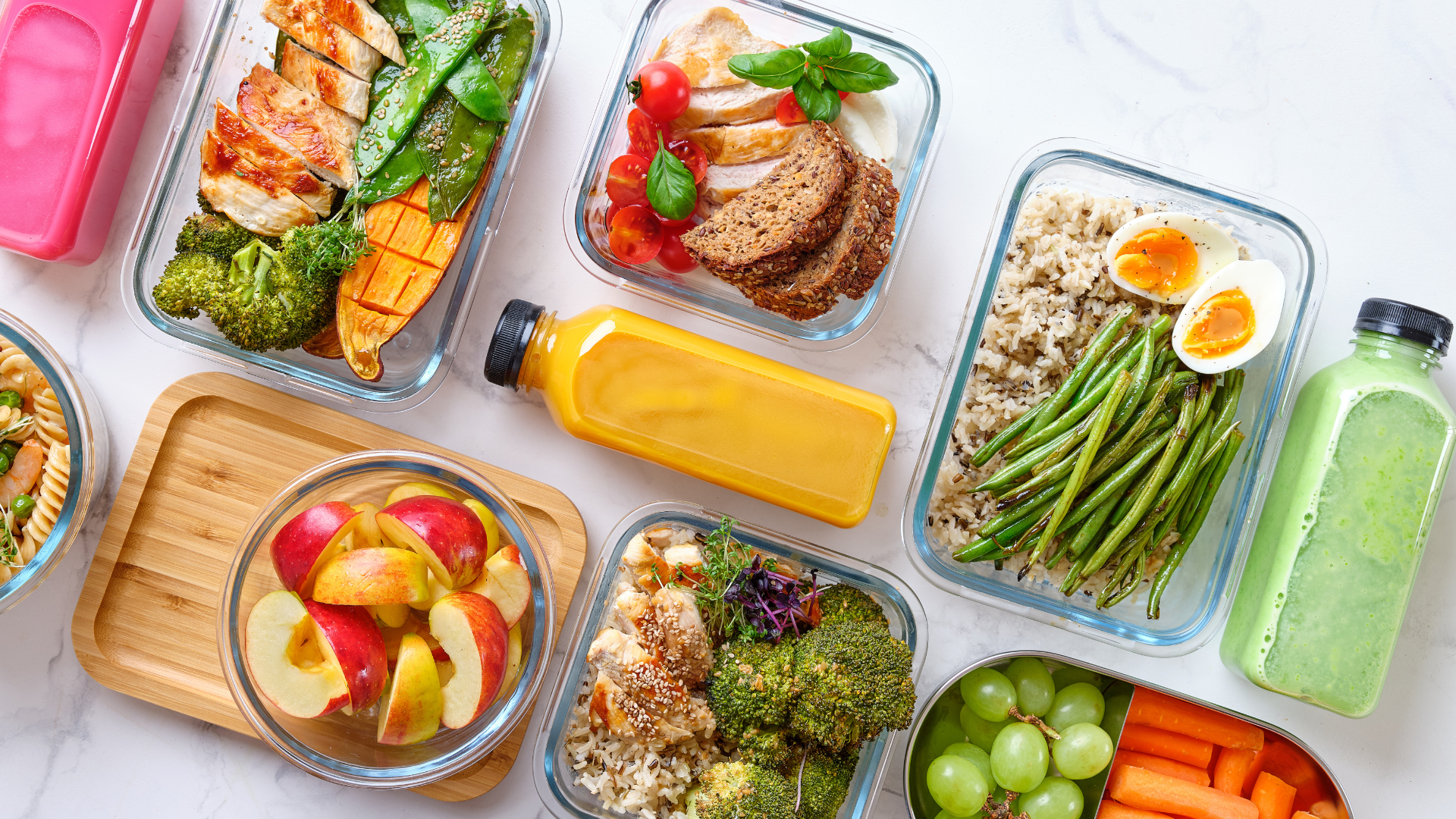Hybrid workers know well that finding the balance between convenience and nutrition can be really tricky. With a packed schedule, never-ending to-do lists, and constant demands on your time and energy, it’s all too easy to grab a quick, unhealthy snack or meal when you’re on the go or jumping between Zoom meetings.
But deep down, you know that this kind of eating isn’t doing your body any favors. You need to prioritize nutrition in order to maintain energy levels, improve focus, and prevent chronic diseases.
Luckily, you’re not alone in this endeavor to live a healthier lifestyle while working in a hybrid setup! In this blog post, we’ll explore some tips and tricks for balancing convenience and nutrition in a way that feels doable and sustainable, so you can prioritize your health without sacrificing your productivity or your sanity and achieve hybrid working success.
1. Plan Ahead for Healthy Meals
One of the ways you can strike balance is to practice meal prepping. Taking the time to plan out your meals for the week can help you make healthier choices and avoid reaching for fast food or unhealthy snacks when you’re short on time.
Spend some time each week creating a meal plan and grocery list, and make sure to include plenty of healthy options like fresh fruits and vegetables, lean protein, and whole grains.
2. Make Healthy Snacks a Part of Your Routine
As a hybrid worker striving for optimal health, finding a balance between convenience and nutrition can be achieved by incorporating healthy snacks into your daily routine, which provide the necessary nutrients and energy to stay productive throughout the day.
Instead of reaching for a candy bar or bag of chips when you’re feeling hungry, try keeping some healthy snacks on hand like nuts, seeds, and fresh fruits. These options will give you the energy boost you need to power through the day, without sacrificing your health.
3. Choose Nutrient-Dense Foods
When choosing foods for your meals and snacks, it’s important to focus on nutrient-dense options. Nutrient-dense foods are those that are high in vitamins, minerals, and other important nutrients while also being relatively low in calories.
Examples of nutrient-dense foods include leafy greens, berries, lean proteins like chicken and fish, and whole grains like quinoa and brown rice. These options will help you get the nutrients you need to stay healthy without adding unnecessary calories to your diet.
4. Stay Hydrated Throughout the Day
In addition to choosing healthy foods, don’t forget your H20! Drinking enough water can help you improve your focus, boost your energy levels, and even aid in weight loss.
As a general rule of thumb, aim to drink at least eight glasses of water per day, and more if you’re particularly active or live in a hot climate. If you struggle to drink enough water, try adding some flavor with fresh fruit or herbs, or try drinking herbal tea instead.
5. Incorporate Exercise into Your Routine
While eating a healthy diet is definitely a must, it’s just as important to incorporate movement into your daily routine. Exercise can help improve your mood, reduce stress levels, and even help prevent chronic diseases like diabetes and heart disease.
As a hybrid worker, it can be tough to find time for exercise, but there are plenty of ways to incorporate it into your day. Consider taking a quick walk during your lunch break, doing a 15- to 30-minute yoga routine before work, or even just standing up and stretching every hour or so.
6. Listen to Your Body
Finally, one of the most important things you can do to balance convenience and nutrition is to listen to your body. Pay close attention to how you feel after eating certain foods, and make adjustments accordingly.
If you notice that you feel sluggish or tired after eating a particular meal, try swapping out some of the less healthy ingredients for healthier options. By paying attention to your body, you’ll be able to make choices that keep you feeling your best.
Practicing a Healthy Lifestyle as a Hybrid Worker is Possible!
Balancing convenience and nutrition can be challenging, but it’s important for maintaining optimal health as a hybrid worker. Remember, there’s no one-size-fits-all approach to nutrition, and it’s okay to take small steps towards a healthier lifestyle.
Incorporating habits like the ones we’ve listed above can make a big difference in how you feel throughout the day. Every small action adds up to a healthier you! You’ve got this!
For more insightful articles about hybrid working, check out Capella’s Blog!
Written by Katie Pierce




